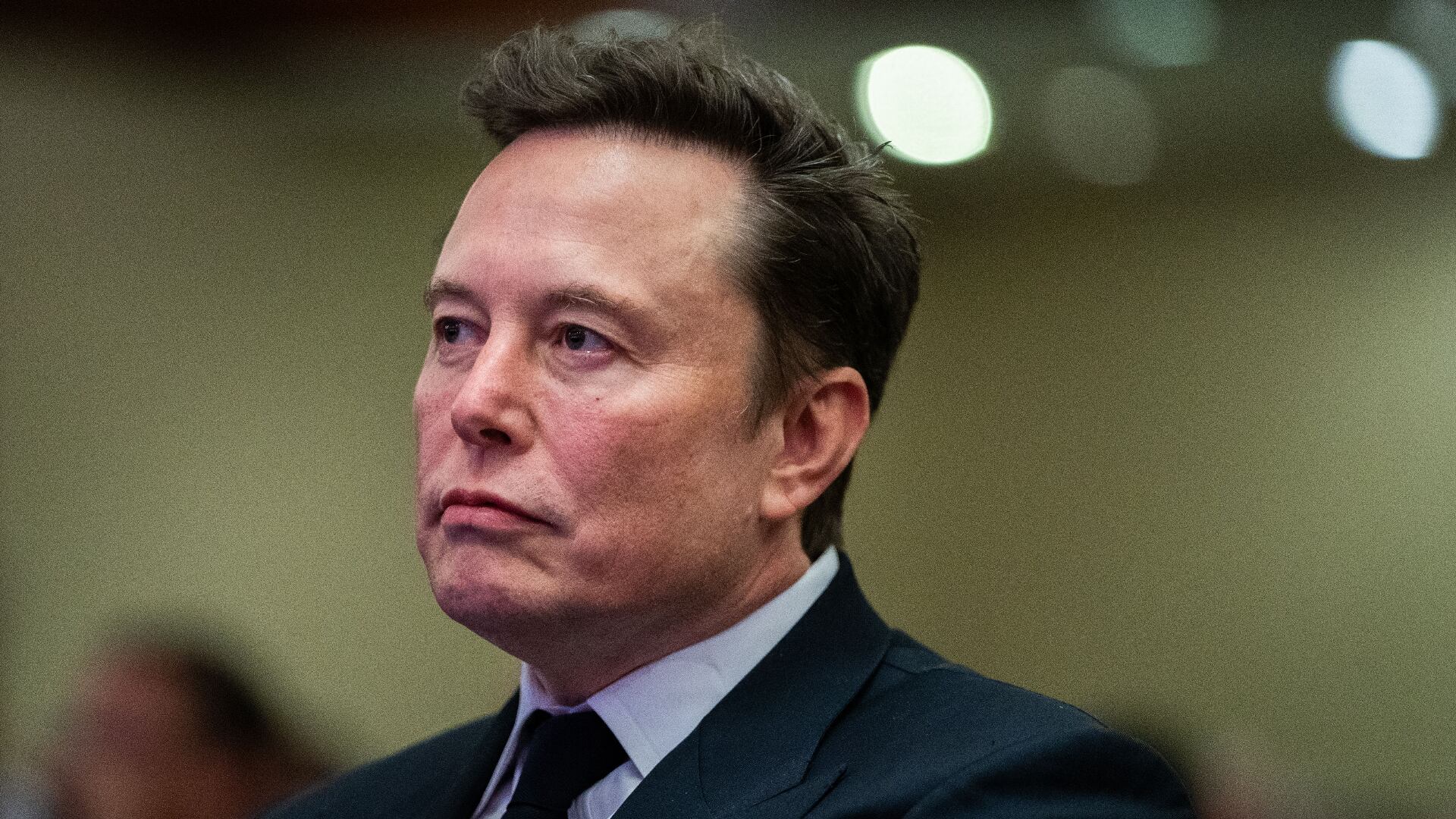A scramble to find a new team name and logo. A league investigation into a years-long pattern of alleged sexual harassment in the front office that has led to the dismissal of several high-profile employees. An owner waging a defamation suit against a media company. A head coach undergoing cancer treatment. And a team that, frankly, hasn't been very good.
That is the playing field that awaits Jason Wright and the Washington Football Team this season.
Wright, who was hired as the team's president this summer to help lead it out of multiple crises — becoming the first Black president of an NFL team in the process — told Cheddar in an interview on Tuesday that his first priority is to fix an office culture so that "all colleagues, especially women, feel comfortable bringing their full selves to work."
"That's not just a moral imperative," Wright said. "It's a business imperative."
"The data says if you have more than one woman engaged on a decision, the collective intelligence of that team is higher than it would be otherwise."
Wright's focus on data-based analysis should not come as a surprise. After he retired from the NFL in 2011, the former running back enrolled in the prestigious Booth School of Business at the University of Chicago, where he received his MBA. Wright then became a partner at the uber-selective management consulting firm McKinsey before taking the NFL gig. It's a pedigree that should help him as he deals with an entirely different crisis in the form of the coronavirus (at last, one not of the team's making).
"I think the NFL is doing everything it can" when it comes to preparing to start a season in the midst of a pandemic, Wright said. "And at the same time, I'm still very concerned."
Not for a lack of preparation or execution, but because of how "unpredictable" and "tricky at every turn" it has been to control the virus. Wright noted that the data is always shifting, and that will in turn force the NFL and the team front offices to have to adapt to a changing landscape — much in the way a quarterback sometimes has to change plays on the fly.
Because of the size of NFL rosters and the physical space required to play, Wright said a "bubble" format is just not possible. He's focusing on a "behavioral bubble" that stresses the importance of individual behavior to players and staff, and how "one weak link" can send a season off the rails. (see: Marlins, Miami; Cardinals, St. Louis).
And then there's the ongoing search for a new name and logo after the team jettisoned its 87-year-old mascot this summer, acknowledging its racist past in the midst of sweeping social and racial justice protests.
Asked by Cheddar if Wright could divulge any hints about the new name, he demurred.
"You're not getting anything out of me."












